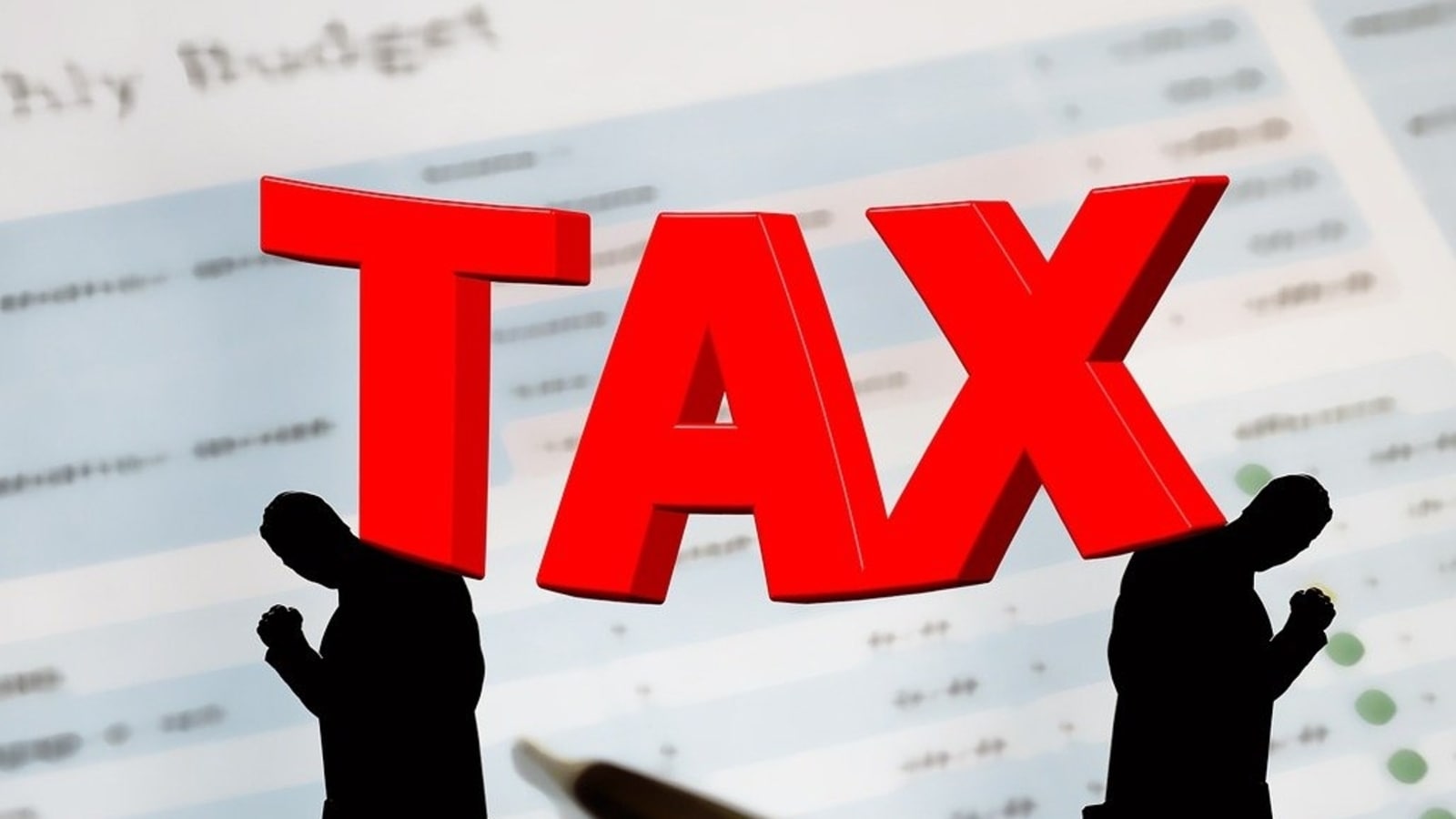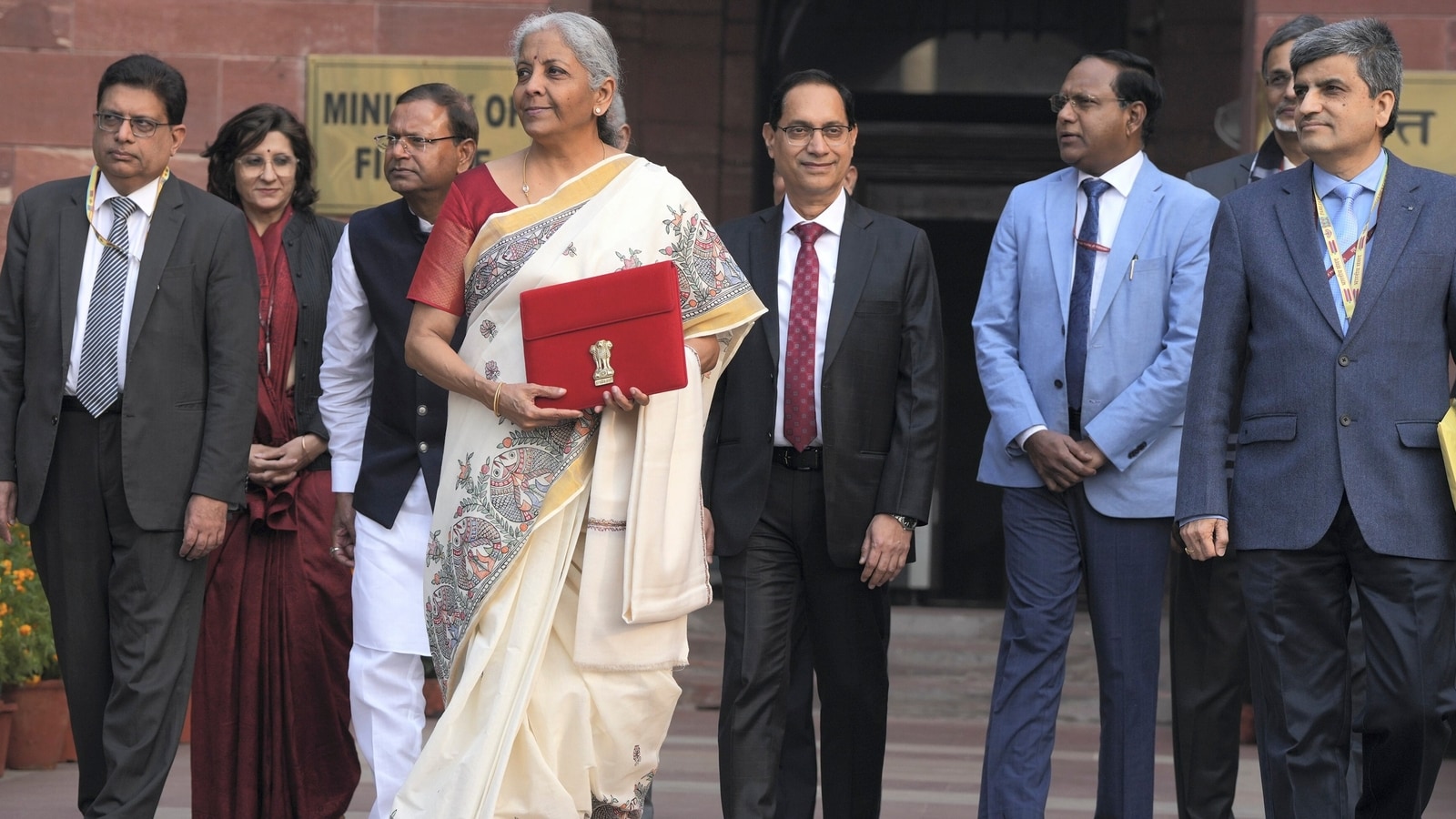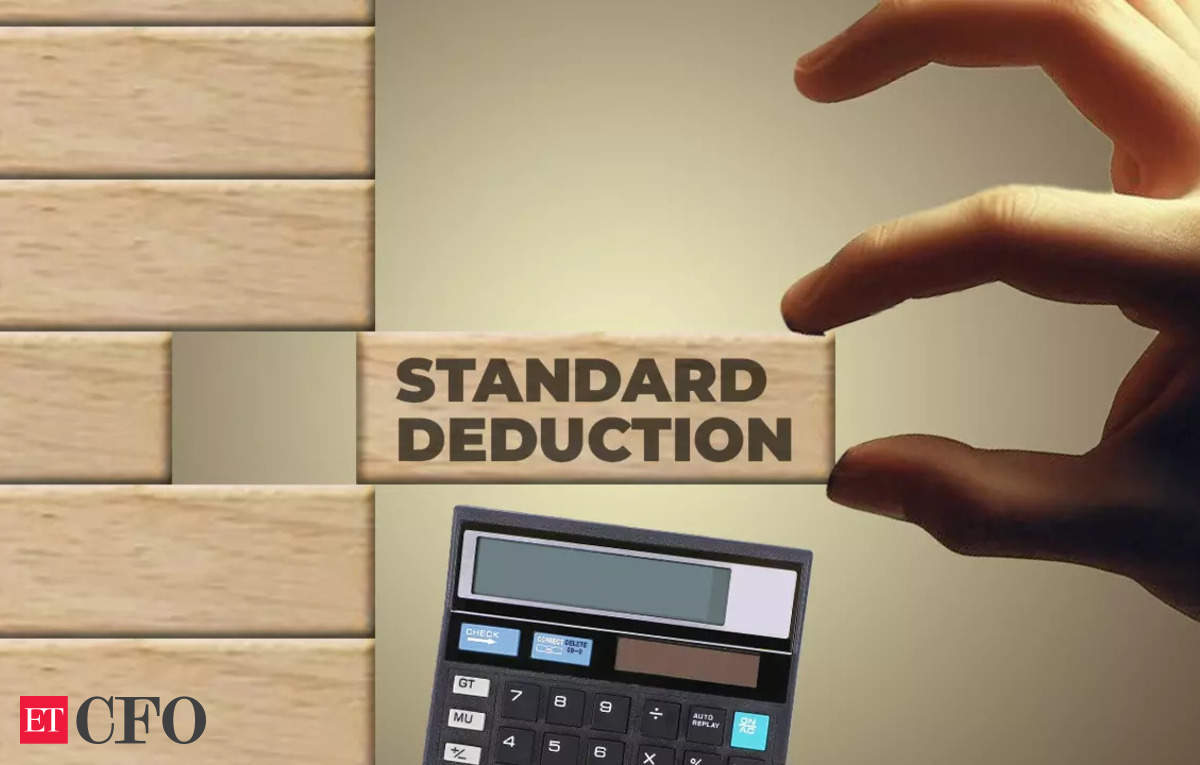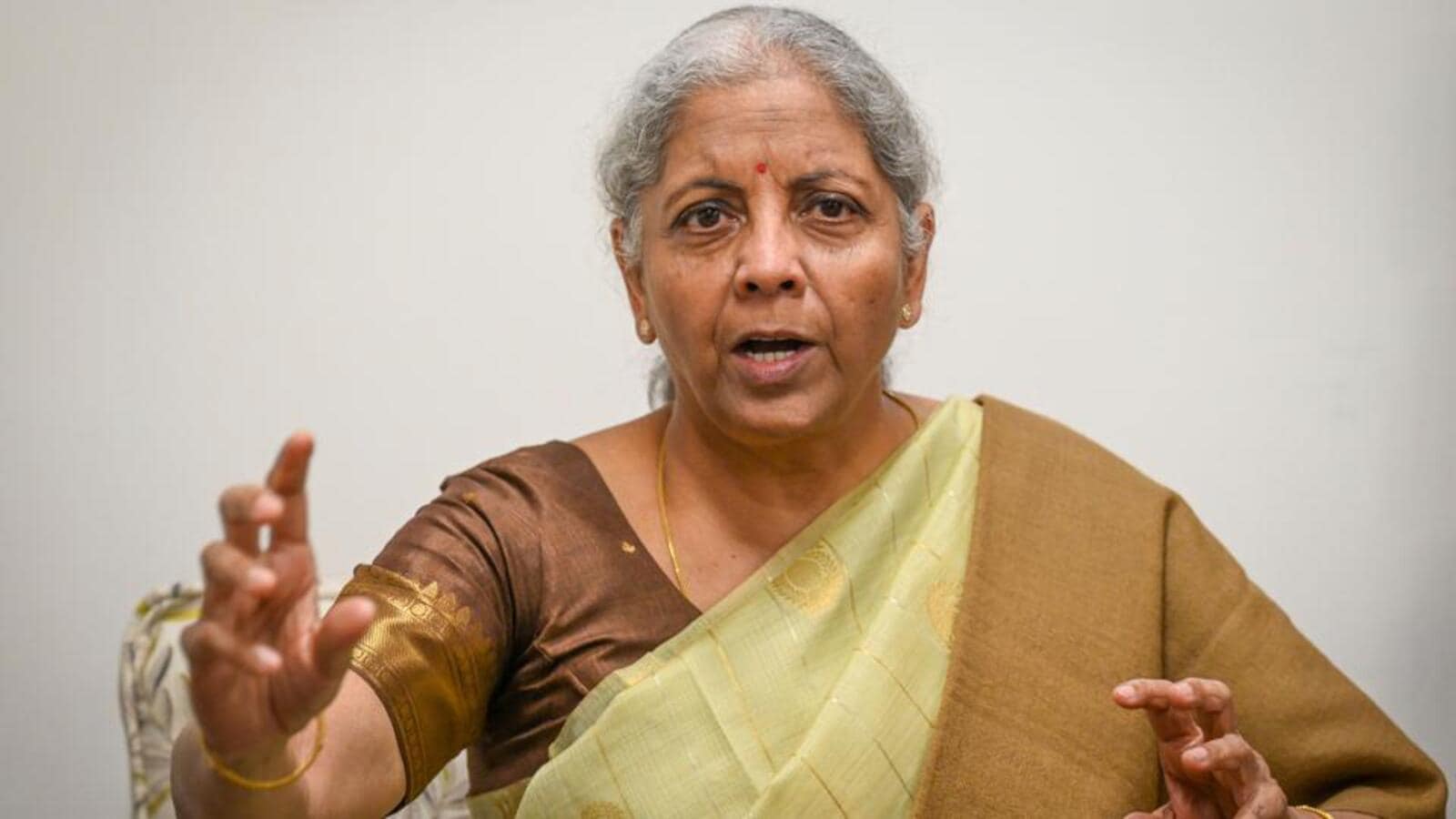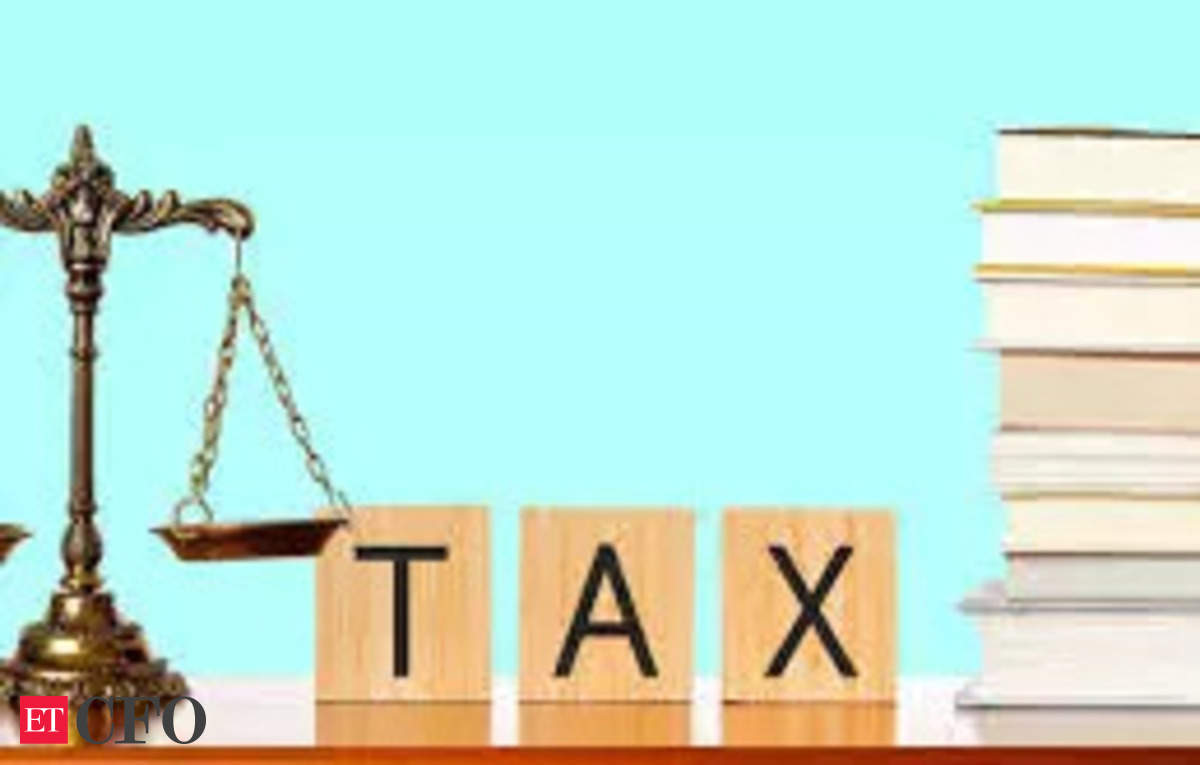TAX TREATMENT OF GIFTS RECEIVED BY AN INDIVIDUAL OR HUF
A very common and frequent question running in the mind of taxpayers is the taxability of gifts. In this part, you can gain knowledge about various provisions relating to taxability of gift received by an individual or a Hindu Undivided Family (HUF) i.e. sum of money or property received by an individual or a HUF without consideration or a case in which the property is acquired for inadequate consideration.
From a taxation perspective, gifts can be categorized as follows:
Monetary Gift: This refers to any sum of money received without consideration.
Example: Ram receives a cash gift of INR 1,00,000 from a friend on his birthday. This is considered a monetary gift without consideration
Gift of Movable Property: This includes specified movable properties received without consideration.
An HUF receives a laptop from a relative as a gift on an auspicious occasion. The laptop is a specified movable property, making it a gift of movable property.
Movable Property Received at Reduced Price: This covers specified movable properties received at a reduced price (inadequate consideration).
An individual purchases a painting from a family member for INR 5,000, but its market value is INR 15,000. The difference of INR 10,000 is considered a gift of movable property received for less than its fair market value.
Gift of Immovable Property: Immovable properties received without consideration fall under this category.
An individual inherits a piece of land from their grandfather without any exchange of money. This qualifies as a gift of immovable property.
Immovable Property Received at Reduced Price: This category pertains to immovable properties acquired at a reduced price (inadequate consideration), but more than the stamp duty value.
An individual purchases a house from a family member for INR 20,00,000, but the property’s stamp duty value is INR 30,00,000. The difference of INR 10,00,000 is considered immovable property received for less than its stamp duty value.
Tax treatment of monetary gifts received by an individual or Hindu Undivided Family (HUF)
If the following conditions are satisfied then any sum of money received without consideration (i.e., monetary gift may be received in cash, cheque, draft, etc.) by an individual/ HUF will be charged to tax:
- Sum of money received without consideration.
- The aggregate value of such sum of money received during the year exceeds Rs. 50,000.
Though the provisions relating to gift applies in case of every person, but it has been reported that gifts by a resident person to a non-resident are claimed to be non-taxable in India as the income does not accrue or arise in India.
To ensure that such gifts made by residents to a non-resident person are subjected to tax in India, the Finance (No. 2) Act, 2019 has inserted a new clause (viii) under Section 9 of the Income-tax Act to provide that any income arising outside India, being money paid without consideration on or after 05-07-2019, by a person resident in India to a non-resident or a foreign company shall be deemed to accrue or arise in India.
Cases in which sum of money received without consideration, i.e., monetary gift received by an individual or HUF is not charged to tax
In following cases, monetary gift received by an individual or HUF will not be charged to tax:-
1) Money received from relatives.
Relative for this purpose means:
- i. In case of an Individual
- a.Spouse of the individual;
- b.Brother or sister of the individual;
- c.Brother or sister of the spouse of the individual;
- d.Brother or sister of either of the parents of the individual;
- e.Any lineal ascendant or descendent of the individual;
- f. Any lineal ascendant or descendent of the spouse of the individual;
- g.Spouse of the persons referred to in (b) to (f).
- ii. In case of HUF, any member thereof.
2) Money received on the occasion of the marriage of the individual.
3) Money received under will/ by way of inheritance.
4) Money received in contemplation of death of the payer or donor.
5) Money received from a local authority [as defined in Explanation to section 10(20) of the Income-tax Act].
6) Money received from any fund, foundation, university, other educational institution, hospital or other medical institution, any trust or institution referred to in section 10(23C). [w.e.f. AY 2023-24, this exemption is not available if a sum of money is received by a specified person referred to in section 13(3)]
7) Money received from or by a trust or institution registered under section 12A, 12AA or section 12AB [w.e.f. AY 2023-24, this exemption is not available if a sum of money is received by a specified person referred to in section 13(3)].
8) Money received by any fund or trust or institution any university or other educational institution or any hospital or other medical institution referred to in section 10(23C)(iv)/(v)/(vi)/(via).
9) Money received as a consequences of demerger or amalgamation of a company or business reorganization of a co-operative bank under section 47.
Marriage of the individual is the only occasion when monetary gift received by him will not be charged to tax
Gift received on the occasion of marriage of the individual is not charged to tax.
Apart from marriage there is no other occasion when monetary gift received by an individual is not charged to tax.
Hence, monetary gift received on occasions like birthday, anniversary, etc. will be charged to tax.
Taxability of monetary gifts received from friends Gifts received from relatives are not charged to tax (Meaning of ‘relative’ has been discussed earlier).
Friend is not a ‘relative’ as defined in the above list and hence, gift received from friends will be charged to tax (if other criteria of taxing gift are satisfied).
Monetary gifts received from abroad
If the aggregate value of monetary gift received during the year by an individual or HUF exceeds Rs. 50,000 and the gifts are not covered under the exceptions discussed in earlier part, then gifts whether received from India or abroad will be charged to tax.
Once the aggregate value of gifts received during the year exceeds Rs. 50,000 then all gifts are charged to tax
Sum of money received without consideration by an individual or HUF is chargeable to tax if the aggregate value of such sum received during the year exceeds Rs. 50,000. The important point to be noted in this regard is the “aggregate value of such sum received during the year”. The taxability of the gift is determined on the basis of the aggregate value of gift received during the year and not on the basis of individual gift. Hence, if the aggregate value of gifts received during the year exceeds Rs. 50,000, then total value of all such gifts received during the year will be charged to tax (i.e. the total amount of gift and not the amount in excess of Rs. 50,000).
Tax treatment of immovable property received as gift by an individual or HUF
If the following conditions are satisfied than immovable property received without consideration by an individual or HUF will be charged to tax:
1) Immovable property, being land or building or both, is received by an individual/HUF.
2) The immovable property is a capital asset within the meaning of section 2(14) for such an individual or HUF.
3) The stamp duty value of such immovable property received without consideration exceeds Rs. 50,000.
When immovable property received by an individual or HUF without consideration (i.e. by way of gift) is not charged to tax
In following cases, gift of immovable property will not be charged to tax.
1) Property received from relatives.
Relative for this purpose means:
i. In case of an Individual a. Spouse of the individual; b. Brother or sister of the individual; c. Brother or sister of the spouse of the individual; d. Brother or sister of either of the parents of the individual; e. Any lineal ascendant or descendent of the individual; f. Any lineal ascendant or descendent of the spouse of the individual g. Spouse of the persons referred to in (b) to (f).
ii. In case of HUF, any member thereof.
2) Property received on the occasion of the marriage of the individual.
3) Property received under will/ by way of inheritance.
4) Property received in contemplation of death of the donor.
5) Property received from a local authority [as defined in Explanation to section 10(20) of the Income-tax Act].
6) Property received from any fund, foundation, university, other educational institution, hospital or other medical institution, any trust or institution referred to in section 10(23C) [w.e.f. AY 2023-24, this exemption is not available if property is received by a specified person referred to in section 13(3)].
7) Property received from a trust or institution registered under section 12AA or section 12AB [w.e.f. AY 2023-24, this exemption is not available if property is received by a specified person referred to in section 13(3)].
Marriage of individual is the only occasion when gift received by him will not be charged to tax
Gift (i.e. immovable property received without consideration) received only on the occasion of marriage of the individual is not charged to tax. Apart from marriage there is no other occasion when gift received by an individual is not chargeable to tax.
Hence, immovable property received on occasions like birthday, anniversary, etc., without any consideration will be charged to tax.
Taxability of immovable property received without consideration i.e., gift from friends
Gifts (i.e. immovable property received without consideration) received from relatives are not charged to tax (meaning of relative has been discussed earlier). Friend is not a relative as defined in the above list and hence, gift received from friends will be charged to tax (if other criteria of taxing gift are satisfied).
Tax treatment of gift of immovable property located abroad
If the conditions discussed in earlier part (regarding the taxability of gift of immovable property) are satisfied, then gift of immovable property will be charged to tax whether the property is located in India or abroad.
Taxability in a case where an immovable property is received for less than its stamp duty value
Apart from taxing immovable property received without consideration, i.e., received as gift, the Income-tax Act has also designed provisions for taxing immovable property received for less than its stamp duty value.
If following conditions are satisfied, then immovable property received by an individual or HUF for less than its stamp duty value will be charged to tax:
1) Any immovable property is acquired by an individual or a HUF.
2) The immovable property is a ‘capital asset’ within the meaning of section 2(14) of the Act for such individual or HUF.
3) Such property is acquired for a consideration but the consideration is less than the stamp duty value and the difference exceeds higher of Rs. 50,000 and 5% of the consideration.
Note: The Finance Act, 2020 has increase the safe harbor limit of 5% to 10% w.e.f. Assessment Year 2021-22
Faceless Prosecutions To impart greater efficiency, transparency and accountability
for the purpose of granting sanction for prosecution or compounding of offences, the Central Government may make a scheme by:
a) Eliminating the interface between the income-tax authority and the assessee or any other person to the extent technologically feasible;
b) Optimizing utilization of the resources through economics of scale and functional specialization;
c) Introducing a team-based sanction to proceed against, or for compounding of, an offence, with dynamic jurisdiction.
The Central Government may, for the purpose of giving effect to the scheme, issue notification in the Official Gazette, to direct that any of the provisions of this Act shall not apply or shall apply with such exceptions, modifications and adaptations as may be specified in the notification. Such directions are to be issued on or before 31st March, 2022.
Further, every notification issued shall, as soon as may be after the notification is issued, be laid before each House of Parliament. In above case the excess of stamp duty value over the purchase price of the property will be treated as income of the purchaser.
When immovable property received by an individual or HUF for less than its stamp duty value is not charged to tax
1) In following cases, nothing will be charged to tax in respect of immovable property received for less than its stamp duty value :
Property received from relatives.
Relative for this purpose means:
i. In case of an Individual a. Spouse of the individual; b. Brother or sister of the individual; c. Brother or sister of the spouse of the individual; d. Brother or sister of either of the parents of the individual; e. Any lineal ascendant or descendent of the individual; f. Any lineal ascendant or descendent of the spouse of the individual; g. Spouse of the persons referred to in (b) to (f). ii.
In case of HUF, any member thereof.
2) Property received on the occasion of the marriage of the individual.
3) Property received under will/ by way of inheritance.
4) Property received in contemplation of death of the donor.
5) Property received from a local authority [as defined in Explanation to section 10(20) of [As amended by Finance Act, 2023] the Income-tax Act].
6) Property received from any fund, foundation, university, other educational institution, hospital or other medical institution, any trust or institution referred to in section 10(23C) [w.e.f. AY 2023-24, this exemption is not available if property is received by a specified person referred to in section 13(3)].
7) Property received from a trust or institution registered under section 12A 12AA or section 12AB [w.e.f. AY 2023-24, this exemption is not available if property is received by a specified person referred to in section 13(3)].
8) Property received by any fund /trust/university/other educational institutions/hospital/other medical institution referred to in section 10(23C)(iv)/(v)/(vi)/(via)(Applicable if Property is received on or after 1st April 2017)
9) Property received by way of transaction not regarded as transfer under clause (viiac)/(viiad)/(viiae)/(viiaf) of section 47.
10) Property received from an individual by a trust created or established solely for the benefit of relative of the individual.
Tax treatment of movable property received as gift by an individual or HUF
If the following conditions are satisfied then value of prescribed movable property (meaning discussed in later part) received by an individual or HUF will be charged to tax:
1) Prescribed movable property is received without consideration (i.e., received as gift).
2) The aggregate fair market value of such property received by the taxpayer during the year exceeds Rs. 50,000. In above case, the fair market value of the prescribed movable property will be treated as income of the receiver.
Prescribed movable property means shares/securities, jewellery, archaeological collections, drawings, paintings, sculptures or any work of art and bullion, being capital asset of the taxpayer and includes Virtual Digital Asset (VDA).
Considering the above definition, nothing will be charged to tax in respect of gift of any item being a movable property other than covered in the above definition, e.g., Nothing will be charged to tax in respect of a television set received as gift, because a television set is not covered in the definition of prescribed movable property. When prescribed movable property received without consideration, i.e., received as gift by an individual or HUF is not charged to tax In following cases, nothing will be charged to tax in respect of prescribed movable property received without consideration:
1) Movable Property received from relatives.
Relative for this purpose means:
i. In case of an Individual a. Spouse of the individual; b. Brother or sister of the individual; c. Brother or sister of the spouse of the individual; d. Brother or sister of either of the parents of the individual; e. Any lineal ascendant or descendent of the individual; f. Any lineal ascendant or descendent of the spouse of the individual; g. Spouse of the persons referred to in (b) to (f).
ii. In case of HUF, any member thereof. [As amended by Finance Act, 2023]
2) Movable Property received on the occasion of the marriage of the individual.
3) Movable Property received under will/ by way of inheritance.
4) Movable Property received in contemplation of death of the donor.
5) Movable Property received from a local authority [as defined in Explanation to section 10(20) of the Income-tax Act].
6) Movable Property received from any fund, foundation, university, other educational institution, hospital or other medical institution, any trust or institution referred to in section 10(23C). [w.e.f. AY 2023-24, this exemption is not available if property is received by a specified person referred to in section 13(3)].
7) Movable Property received from or by a trust or institution registered under section 12A, 12AA or section 12AB. [w.e.f. AY 2023-24, this exemption is not available if property is received by a specified person referred to in section 13(3)].
8) Property received by any fund/trust/university/other educational institutions /hospital/other medical institution referred to in section 10(23C)(iv)/(v)/(vi)/(via) (applicable if property is received on or after 1st April 2017)
9) Property received by way of transaction not regarded as transfer under clause (viiac)/(viiad)/(viiae)/(viiaf) of section 47.
10) Property received from an individual by a trust created or established solely for the benefit of relative of the individual.
Taxability when prescribed movable property is received by an individual or HUF for less than its fair market value
If the following conditions are satisfied then prescribed movable property (meaning has been discussed earlier) received by an individual or HUF will be charged to tax:
1) Prescribed movable property is acquired by an individual or HUF.
2) The aggregate fair market value of such properties acquired by the taxpayer during the year exceeds the consideration paid for these properties by Rs. 50,000. In other words, the aggregate fair market value of all such properties is higher than the consideration paid and the difference is more than Rs. 50,000.
Considering the definition of prescribed movable property (as discussed earlier), nothing will be charged to tax in respect of gift of any item, being a movable property other than covered in the above definition. e.g., Nothing will be charged to tax in respect of a television set received as gift because a television set is not covered in the definition of prescribed movable property.
When prescribed movable property received for less than its fair market value by an individual or HUF is not charged to tax
In following cases, nothing will be charged to tax in respect of prescribed movable property received for less than its fair market value:
1) Movable Property received from relatives. [As amended by Finance Act, 2023]
Relative for this purpose means: i. In case of an Individual a. Spouse of the individual; b. Brother or sister of the individual; c. Brother or sister of the spouse of the individual; d. Brother or sister of either of the parents of the individual; e. Any lineal ascendant or descendent of the individual; f. Any lineal ascendant or descendent of the spouse of the individual; g. Spouse of the persons referred to in (b) to (f). ii. In case of HUF, any member thereof.
2) Movable Property received on the occasion of the marriage of the individual.
3) Movable Property received under will/ by way of inheritance.
4) Movable Property received in contemplation of death of the donor.
5) Movable Property received from a local authority [as defined in Explanation to section 10(20) of the Income-tax Act].
6) Movable Property received from any fund, foundation, university, other educational institution, hospital or other medical institution, any trust or institution referred to in section 10(23C) [w.e.f. AY 2023-24, this exemption is not available if property is received by a specified person referred to in section 13(3)].
7) Movable Property received from or by a trust or institution registered under section 12A, 12AA or section 12AB. [w.e.f. AY 2023-24, this exemption is not available if property is received by a specified person referred to in section 13(3)].
8) Property received by any fund/trust/university/other educational institutions/hospital/other medical institution referred to in section 10(23C)(iv)/(v)/(vi)/(via) (applicable if property is received on or after 1st April 2017)
9) Property received by way of transaction not regarded as transfer under clause (viiac)/(viiad)/(viiae)/(viiaf) of section 47.
10) Property received from an individual by a trust created or established solely for the benefit of relative of the individual.
Tax relief to COVID-19 patients and their family
The Finance Act, 2022 has brought amendments to the Income-tax Act to give tax relief to taxpayers receiving financial help from their employers and well-wishers for meeting the expenses incurred on treatment of Covid-19 Sum of money or property received for Covid-19 treatment from any other person Any sum of money or any property received by an individual, from any person, in respect of any expenditure actually incurred by him on his medical treatment or treatment of any member of his family in respect of any illness related to COVID-19, shall not be charged to tax if he furnished a Statement in Form No. 1 providing the details of amount received during the year. The statement shall be filed within 9 months from the end of financial year in which the amount is received or 31.12.2022, whichever is later.
Further, he shall be required to keep a record of following documents:
(a) The COVID-19 positive report or medical report if clinically determined to be COVID-19 positive through investigation in a hospital or an in-patient-facility by a treating physician of a person so admitted; and
(b) All necessary documents of medical diagnosis or treatment for COVID-19 or illness related to COVID-19 suffered within 6 months from the date of being determined as COVID-19 positive. Sum of money or property received by family member of a person who died due to Covid- 19 Any sum of money or any property received by family member of a person who died due to Covid-19, the money or property so received shall not be charged to tax in hands of the family member where such money or property is received from the employer of deceased person. Where the money or property is received from any other person or persons, the exemption amount shall be limited to Rs. 10 lakh in aggregate.
Thus, where the aggregate amount of sum received from other persons during the previous year exceeds Rs. 10 lakh, then the excess amount shall be taxable in the hands of a family member of deceased.
Note: The member must receive the payment within 12 months from the date of death of such person and satisfy the following conditions:
(a) the death of the individual should be within 6 months from the date of testing positive or from the date of being clinically determined as a COVID-19 case;
(b) the family member of such individual shall keep a record of the COVID-19 positive report or medical report if clinically determined to be COVID-19 positive through
Meaning of Family
The meaning of family, in relation to an individual, means the spouse and children of the individual and the parents, brothers and sisters of the individual or any of them, wholly or mainly dependent on the individual


